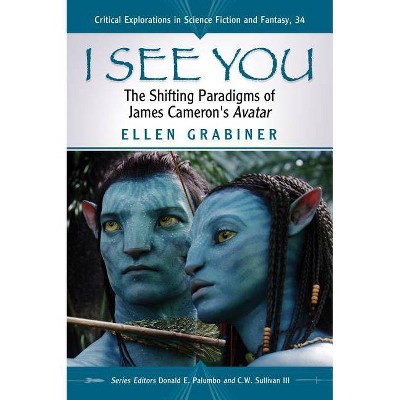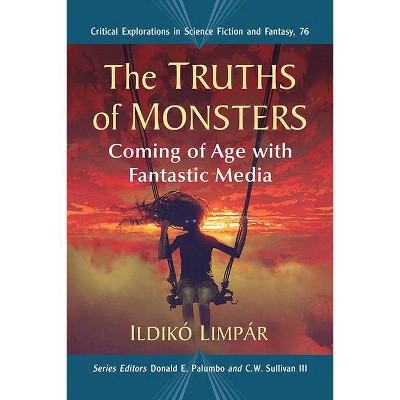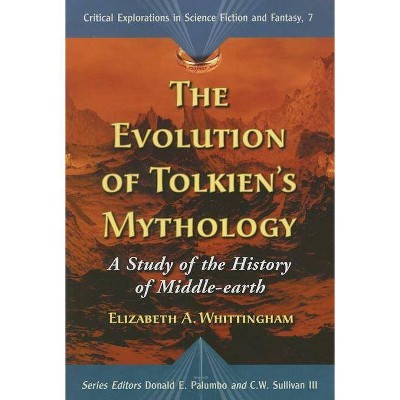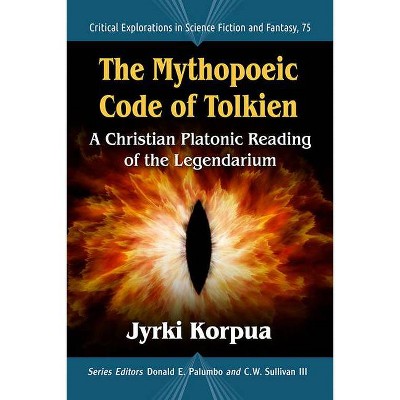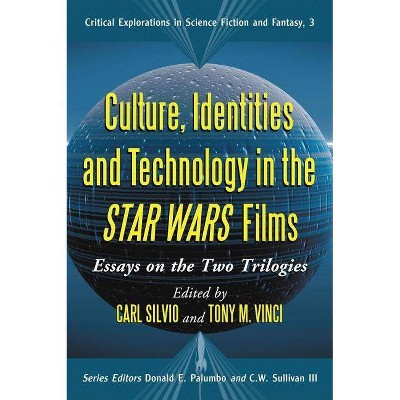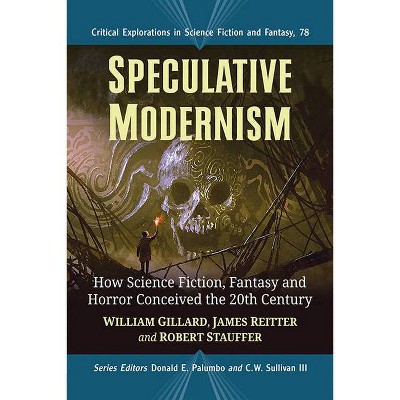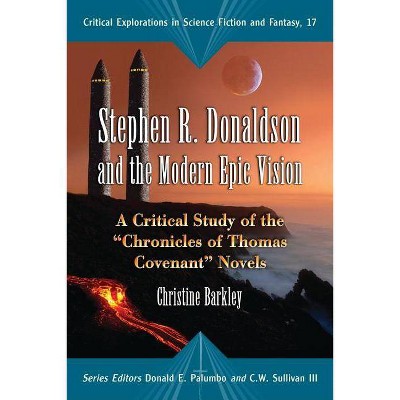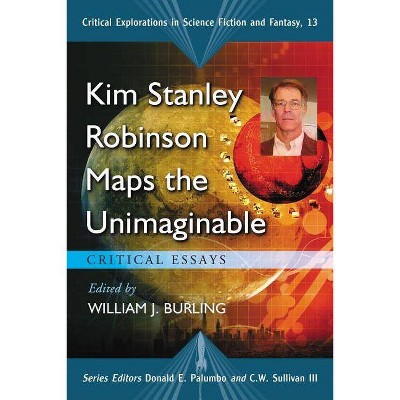In Frankenstein's Wake - (Critical Explorations in Science Fiction and Fantasy) by Alison Bedford (Paperback)
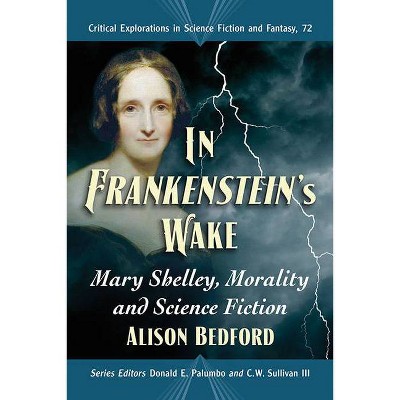
Similar Products
Products of same category from the store
AllProduct info
<p/><br></br><p><b> About the Book </b></p></br></br>"Just over two hundred years ago on a stormy night, a young woman conceived of what would become one of the most iconic images of science gone wrong, the story of Victor Frankenstein and his Creature. For a long period, Mary Shelley languished in the shadow of her luminary husband, Percy Bysshe Shelley, but was rescued from obscurity by the feminist scholars of the 1970s and 1980s. This book offers a new perspective on Shelley and on science fiction, arguing that Shelley both established a new discursive space for moral thinking and laid the groundwork for the genre of science fiction. Adopting a contextual biographical approach to understand the factors that enabled Shelley to create Frankenstein, and undertaking a close reading of the 1818 and 1831 editions of the text, gives readers insight into how this famous story synthesizes many of the concerns about new science that were prevalent in Shelley's time. Using Michel Foucault's concept of discourse, this work argues that Shelley should be credited with not only the foundation of a genre but recognized as a figure who created a new cultural space for readers to explore their fears and negotiate the moral landscape of new science." --<p/><br></br><p><b> Book Synopsis </b></p></br></br>Just over 200 years ago on a stormy night, a young woman conceived of what would become one of the most iconic images of science gone wrong, the story of Victor Frankenstein and his Creature. For a long period, Mary Shelley languished in the shadow of her luminary husband, Percy Bysshe Shelley, but was rescued from obscurity by the feminist scholars of the 1970s and 1980s. This book offers a new perspective on Shelley and on science fiction, arguing that she both established a new discursive space for moral thinking and laid the groundwork for the genre of science fiction. Adopting a contextual biographical approach and undertaking a close reading of the 1818 and 1831 editions of the text give readers insight into how this story synthesizes many of the concerns about new science prevalent in Shelley's time. Using Michel Foucault's concept of discourse, the present work argues that Shelley should be not only credited with the foundation of a genre but recognized as a figure who created a new cultural space for readers to explore their fears and negotiate the moral landscape of new science.<p/><br></br><p><b> Review Quotes </b></p></br></br><br>"A substantial, important, and innovative contribution to our appreciation of Frankenstein and its continuing influence of culture."--Stephen Behrendt, George Holmes Distinguished Professor of English, University of Nebraska<br><p/><br></br><p><b> About the Author </b></p></br></br><b>Alison Bedford</b> is a sessional lecturer at the University of Southern Queensland in Toowoomba, Australia. She is also a secondary school English and history teacher. Her research interests and publications focus on Romantic and Victorian fiction and pedagogy for the teaching of history.
Price History
Price Archive shows prices from various stores, lets you see history and find the cheapest. There is no actual sale on the website. For all support, inquiry and suggestion messagescommunication@pricearchive.us
